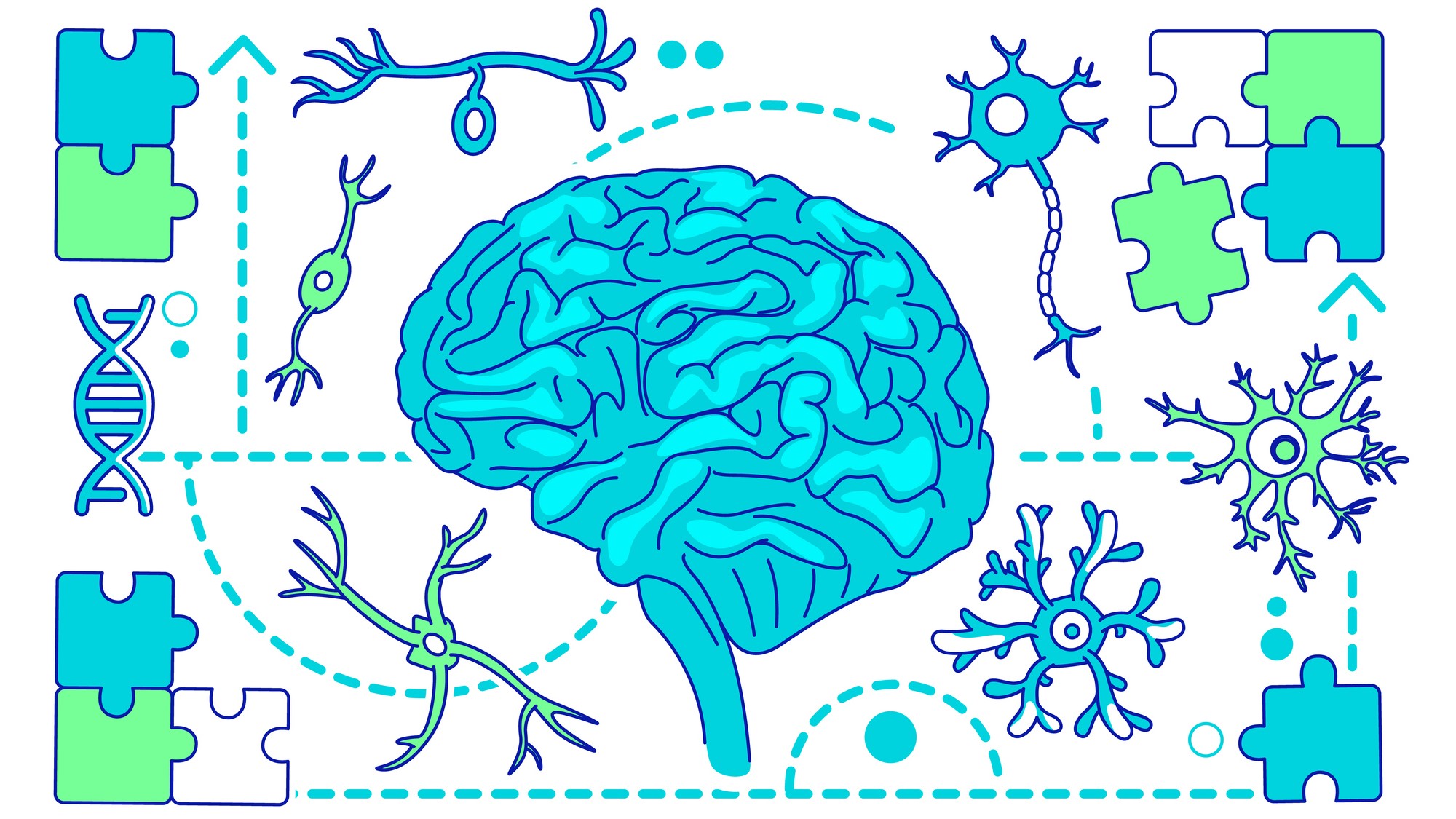Recent research suggests that the rising rates of Autism Spectrum Disorder (ASD) may be linked to millions of years of human evolution. A study published in the journal Molecular Biology and Evolution indicates that rapid neuronal evolution in humans could be a genetic factor contributing to ASD. While autism presents certain developmental challenges, the evolution of specific genes may have played a crucial role in shaping the complex cognitive abilities of modern humans.
Evolutionary Insights into Autism
The study highlights that the prevalence of autism in humans might be a direct consequence of natural selection. As noted by the research, the rapid evolution of L2/3 IT neurons, a type of outer-layer brain neuron, has occurred significantly faster in the human lineage compared to other primates. This neuronal evolution coincides with substantial changes in genes associated with autism, likely influenced by natural selection factors unique to humans.
Researchers emphasize that neurological conditions like autism and schizophrenia appear to be distinctly human phenomena. According to Neuroscience News, it is quite rare to observe behaviors linked to these disorders in non-human primates, as such behaviors typically involve cognitive traits like speech production that are either unique to or more advanced in humans.
The evolutionary development of autism is characterized by numerous small genetic changes rather than a single mutation. This cumulative effect suggests that natural selection has actively favored these changes, despite their potential drawbacks.
Understanding the Genetic and Environmental Factors
Current statistics from the Centers for Disease Control and Prevention indicate that approximately one in every 31 children is diagnosed with autism. Research has established that genetics likely plays a prominent role in the diagnosis of ASD. The Mayo Clinic notes that several genes are associated with autism spectrum disorder, many of which are linked to developmental delays, raising questions about evolutionary pathways.
While the precise reasons for this evolutionary trajectory remain unclear, some researchers propose that the evolution of autism-related genes may have led to slowed early brain development or enhanced language capacity. This extended developmental phase could have provided an evolutionary advantage by allowing for more sophisticated reasoning skills, as explained by Alexander L. Starr, the lead author of the study.
In addition to genetic factors, various environmental influences are under investigation regarding their potential impact on autism risk. These factors include infections, medications, complications during pregnancy, and air pollutants. Despite some claims linking vaccines to autism, numerous well-conducted studies have found no credible evidence supporting this connection.
The ongoing exploration of both genetic and environmental factors surrounding autism continues to shed light on this complex condition. As research evolves, it remains crucial to understand how both natural selection and environmental influences may contribute to the rising rates of autism in modern society.
